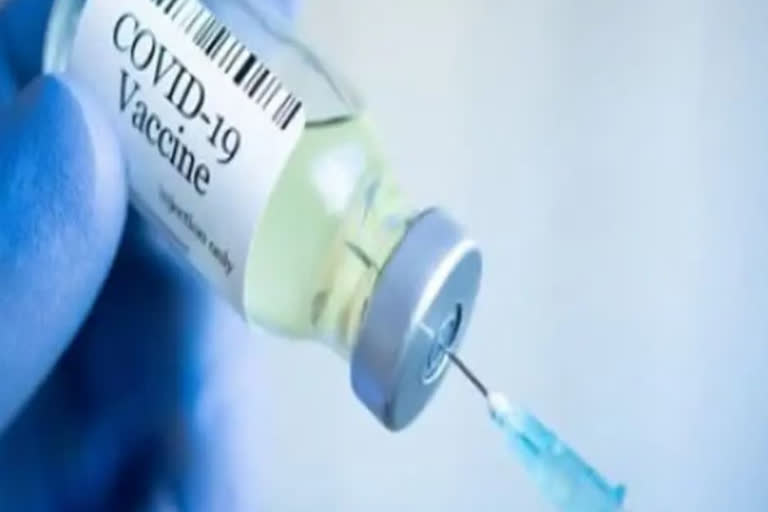New Delhi: The Indian SARS-CoV-2 Consortium on Genomics (INSACOG) in its recent weekly bulletin has said that many more scientific experiments are needed to assess the impacts of booster dose, which are being guided and monitored by National Technical Advisory Group on Immunisation (NTAGI) and National Expert Group on Vaccine Administration for Covid-19 (NEGVAC).
However, in its previous weekly bulletin dated on November 29, INSACOG has recommended a booster dose for those 40 years of age and over, first targeting the most high-risk / high-exposure "may be considered".
Clarifying on the need of booster dose amid Omicron looming threat, the top genome sequencing body INSACOG has said that the mention of the booster dose was merely a "discussion about the potential role of additional dose of Covid-19 vaccines in high-risk populations" and the recommendation was not for the India's immunisation programme.
Read:Consider booster dose for those above 40: INSACOG
"Immunity and protection from SARS-CoV-2 is multifactorial with several unknown factors and further compounded by emerging VOCs. Many more scientific experiments are needed to assess the impacts of booster dose, which are being guided and monitored by National Technical Advisory Group on Immunisation and National Expert Group on Vaccine Administration for Covid-19", said INSACOG.
The recommendations and suggestions regarding vaccines, schedule, and roll out come under the expressed mandate of NTAGI and the NEGVAC, said the Consortium on Genomics INSACOG. NTAGI is also expected to meet next week to assess the need for a booster jab in India.
However, INSACOG's clarification on the booster jab has come after Union Health Minister Mansukh Mandaviya in the Lok Sabha during the Winter Session said that a decision on booster doses and kids' vaccines would be taken on the basis of scientific advice. The top health ministry officials have said many times that the priority at the time is to vaccinate all eligible population with both doses at the earliest.
IANS
